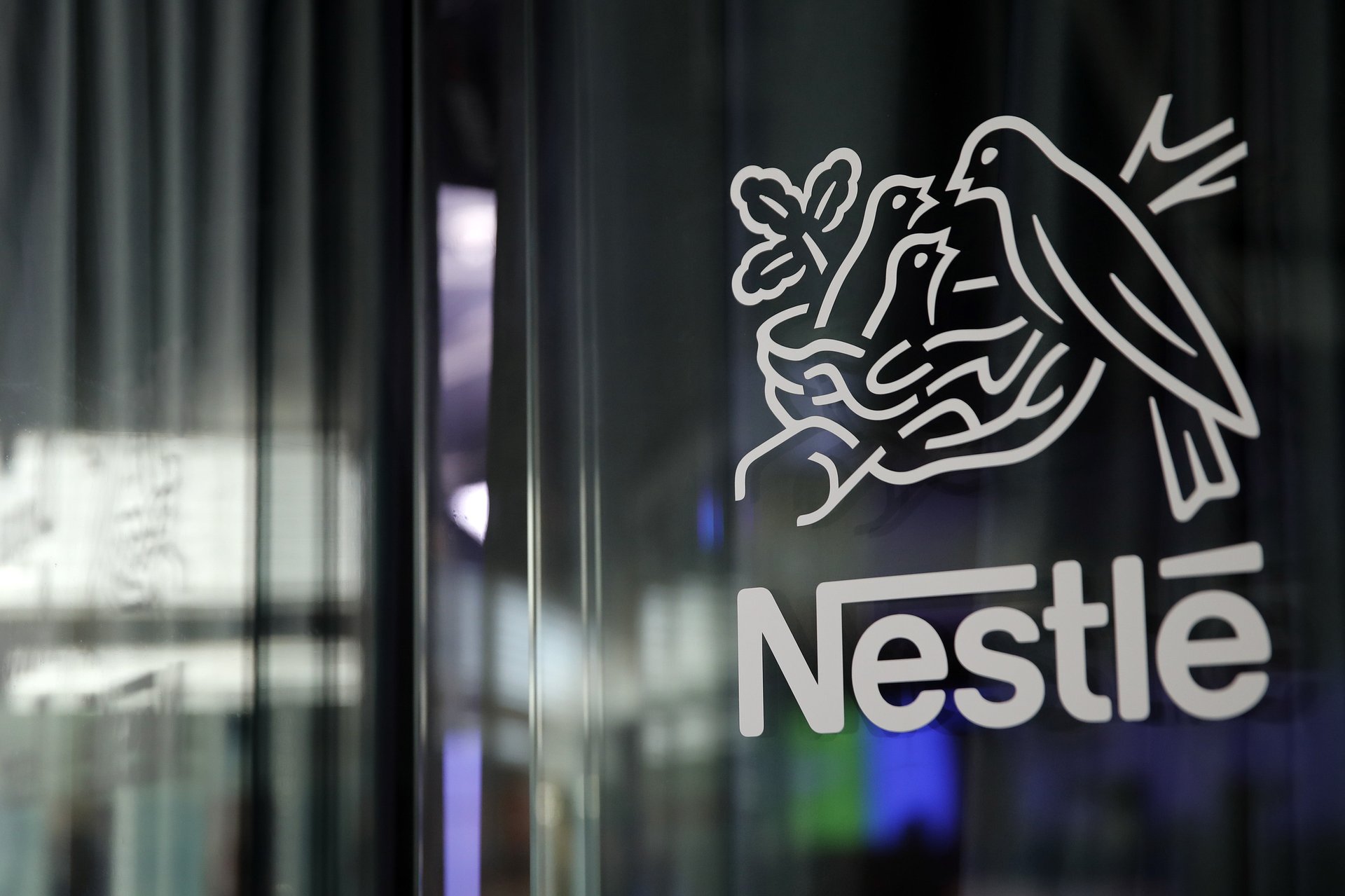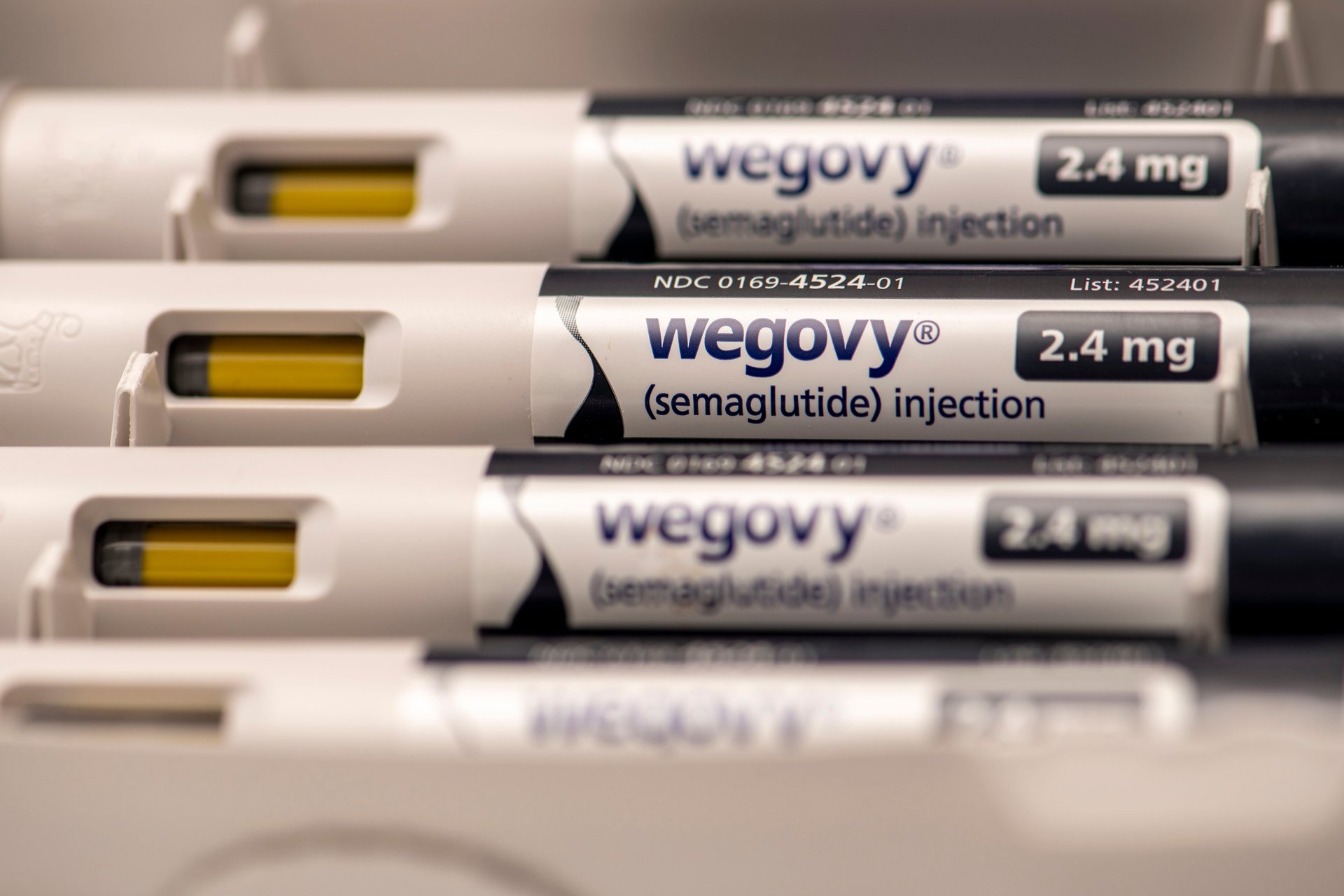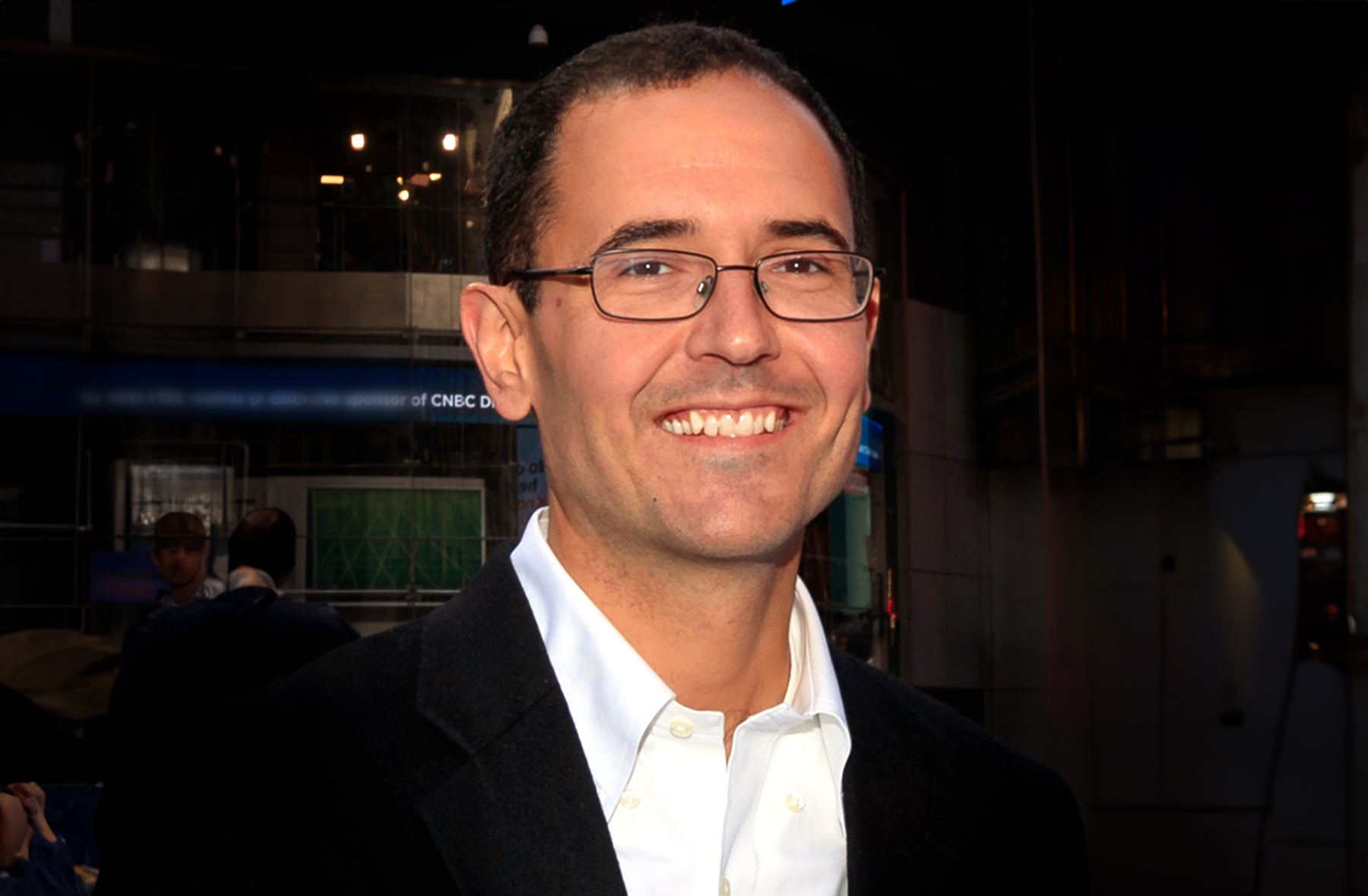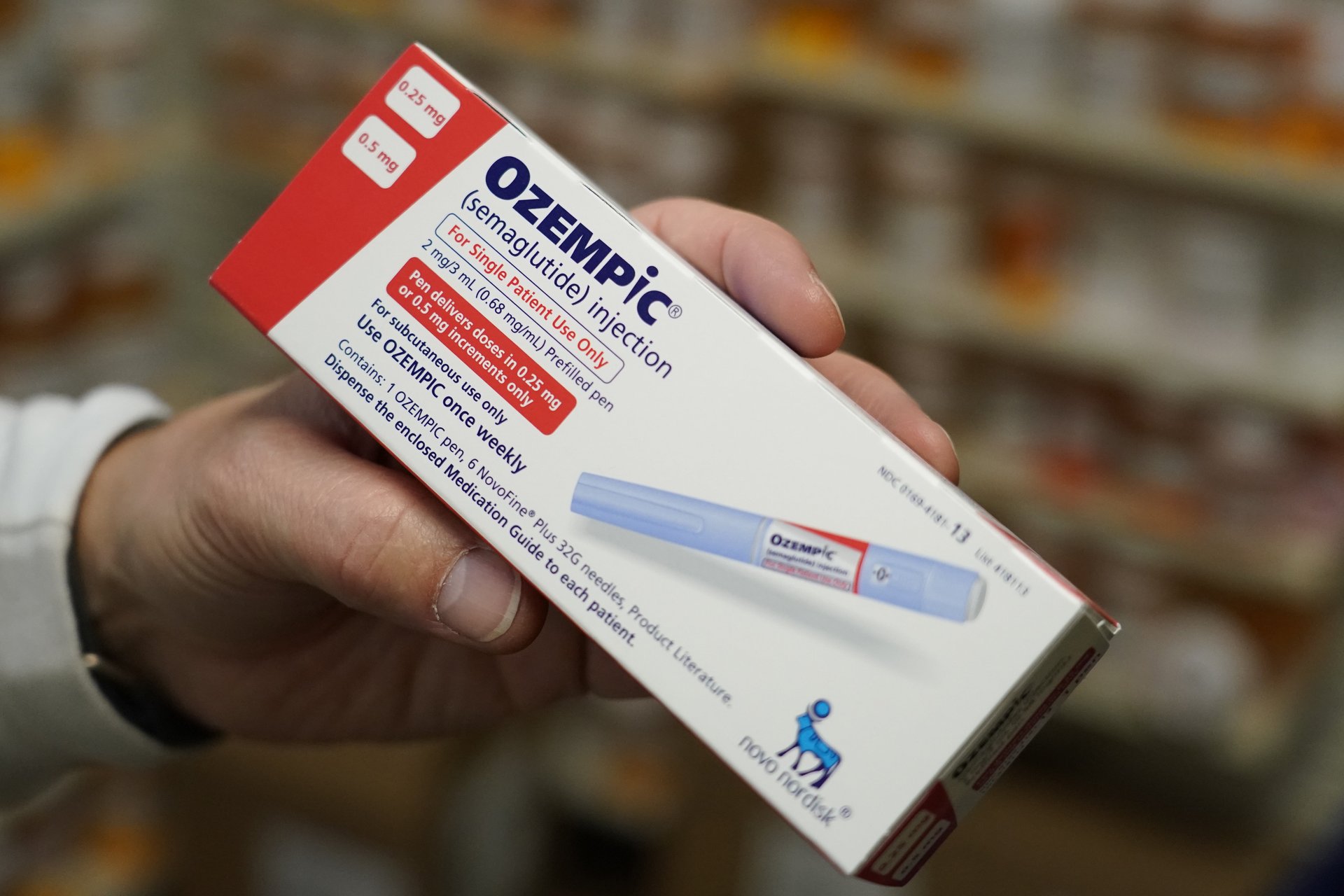Ozempic lures people to the doctor, Nestle's GLP-1 'shot,' an FDA Zepbound ruling: Pharma news roundup
Plus, Trump says Robert F. Kennedy Jr. won't revoke the polio vaccine, and the DOJ says CVS filled invalid opioid prescriptions

Nestle (NSRGY) just rolled out a new protein shot drink that it says will help people looking to lose weight manage their hunger and naturally produce GLP-1, the hormone weight-loss drugs mimic. The U.S. Food and Drug Administration (FDA) ruled Thursday that the shortage of tirzepatide — the active ingredient in Eli Lilly’s weight-loss drug Zepbound — is over, rattling the weight-loss industry. Popular weight-loss drugs such as Wegovy and Zepbound are boosting the use of healthcare in the U.S., leading to an uptick in patients getting diagnosed and starting prescriptions for other conditions, according to a new analysis.
Check out those stories and more pharmaceutical news highlights from this week.
2 / 10

Bryan Johnson, the tech entrepreneur and millionaire who became famous for infusing his son’s plasma into his blood in an effort to prolong his life, said he is now microdosing the popular weight-loss drug Zepbound. Johnson posted a thread on the social media site X this Thursday describing his new “longevity protocol.” While GLP-1s are primarily known as weight-loss medications, Johnson’s interest in the drug class that includes Zepbound stems from dozens of trials and new studies exploring their broader health benefits beyond weight loss.
3 / 10

The U.S. Food and Drug Administration ruled Thursday that the shortage of tirzepatide — the active ingredient in Eli Lilly’s (LLY) popular diabetes and weight-loss drugs Mounjaro and Zepbound — is over. The news could put pressure on companies that have been able to sell off-brand versions of GLP-1 weight-loss drugs because of widespread shortages.
4 / 10

CVS (CVS) and its subsidies unlawfully dispensed “massive quantities” of opioids and other controlled substances over more than a decade, according to the Department of Justice. The DOJ on Wednesday unsealed a civil complaint against the country’s largest pharmacy chain operator, alleging that the pharmaceutical company had filled invalid prescriptions since October 2013, violating the Controlled Substances Act. The complaint also alleges that CVS sought reimbursement from federal health care programs for the prescriptions, which would violate the False Claims Act.
5 / 10

For many people, the holidays mean large family dinners with filling sides, sweet treats, and festive drinks — all things for which weight-loss drugs are designed to reduce cravings. It’s no wonder that many users of popular weight-loss medicines such as Ozempic, Wegovy, and Zepbound are turning to social media this year seeking advice on how to navigate the holiday season. However, medical experts recommend against skipping doses of these drugs.
6 / 10

Nestle, the world’s largest producer of packaged food, just rolled out a new protein shot drink that it says will help people looking to lose weight manage their hunger. This is the company’s most recent move to meet growing consumer interest in weight-loss products, sparked by the popularity of GLP-1 treatments like Ozempic and Wegovy.
7 / 10

Popular weight-loss drugs like Wegovy and Zepbound are boosting the use of healthcare in the U.S., leading to an uptick in patients getting diagnosed and starting prescriptions for other conditions, according to a new analysis by health-data firm Truveta. The firm analyzed thousands of electronic patient records between 2020 and 2024 and found a noticeable bump in first-time diagnoses of sleep apnea, cardiovascular disease, and type 2 diabetes just days after a patient started a prescription for a GLP-1 weight-loss drug.
8 / 10

President-elect Donald Trump answered a number of questions regarding his healthcare agenda during a press conference Monday at his Mar-a-Lago resort in Palm Beach, Florida. Throughout the press conference he defended his nominee to lead the U.S. Department of Human and Health Services (HHS), Robert F. Kennedy Jr.
“I think he’s going to be much less radical than you would think,” Trump said about Kennedy. “I think he’s got a very open mind or I wouldn’t have put him there.”
9 / 10

One of the biggest stories — arguably the biggest — in pharma this year was weight-loss drugs. One of the most interesting subplots of this story has been the rise of lower-price, off-brand alternatives. Digital health companies such as Noom, Hims & Hers (HIMS), and even WeightWatchers (WW) all began offering compounded versions of popular weight-loss drugs this year — essentially custom-made formulations — for hundreds of dollars less than the brand-name options. Quartz spoke with Noom CEO Geoff Cook to get his take on what 2025 holds for the compounded drug market and the overall future of weight-loss drugs.
10 / 10

Novo Nordisk’s (NVO) blockbuster diabetes drug Ozempic may have a potential link with an eye condition that causes vision loss, according to a non-peer reviewed study published Thursday on medRxiv. Diabetes patients using Ozempic were found to be over twice as likely to develop a rare eye condition known as NAION compared to those taking other diabetes medications, according to researchers who analyzed years of patient data from Denmark and Norway.